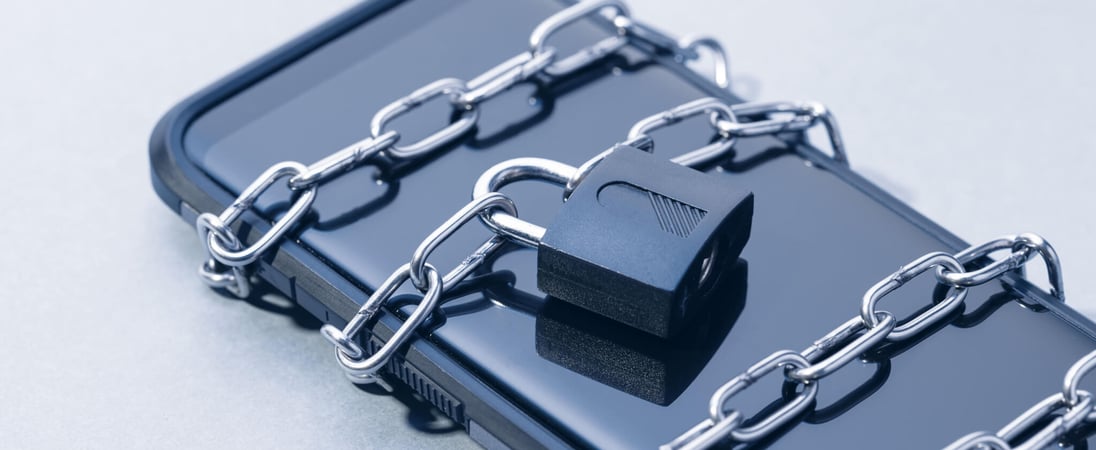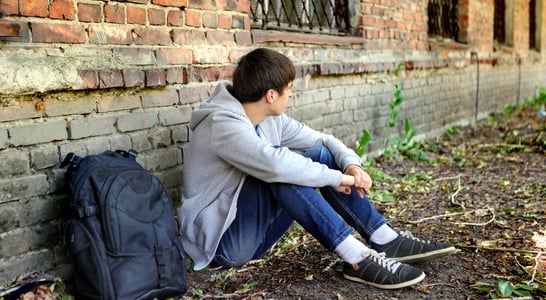
National No Phones at Home Day
Disconnecting from screens, it's like hitting the refresh button for your mind, offering a break from the digital noise of today.
Technology fatigue can be a real problem and families are continually being faced with difficulties due to disconnection that happens in the world of smartphones. National No Phones at Home Day seeks to bring back the human connection with family members or friends and perhaps even get a little bit of real life back!
History of National No Phones at Home Day
Many people don’t realize what a negative impact technology can have on mental health, especially for children and young adults. Founded by registered psychotherapist and media psychologist, Charlotte Armitage, National No Phones at Home Day offers a time of rest and pause away from technology.
While technology focuses on instant gratification, mindless scrolling and leveling up, people are missing out on the important foundations of deepening relationships and communicating face to face. Taking a break from technology by establishing boundaries around the use of phones offers kids and teens the opportunity to develop their other important interpersonal and relationship skills.
National No Phones at Home Day offers the opportunity for family members to connect over substantial activities and projects that grow skills and perhaps even yield results. From drawing and baking to cleaning out a closet, this can be a time that is productive and helpful for children as well as adults!
How to Celebrate National No Phones at Home Day
Not sure exactly how to get involved with National No Phones at Home Day? Consider some of these ideas for getting disconnected from technology and reconnected to family and friends!
Put Those Phones Away
As difficult as it can feel, especially in a family with teens or tweens who may feel like they’ll die if they miss out (the FOMO is real!), taking a day as a family to put away the phones is a great idea. In fact, it’s good not only on this day of the year, but it can also be a healthy habit on a regular basis whether practiced weekly, monthly, or as just an hour or two each evening.
Of course, giving the kids some advance warning and discussing the reasons behind it will help them to get used to the idea ahead of time – and maybe even help them get excited about it! Check out the No Phones at Home website for more tips.
Engage in Unplugged Activities
It’s amazing how freeing, satisfying, and enjoyable it can be to get away from the smart phones for a little while and just be present in the room. Instead, choose quality unplugged time by playing a board game together, enjoying reading a book (out loud is great), taking a walk in nature or engaging in some other hobby or activity that everyone can enjoy – without access to the internet or anything outside of the present moment and space.
Looking for other ideas to celebrate days that go along with this theme? Check out the Global Day of Unplugging on the first Friday of March or Information Overload Day that falls in October.
Also on ...
View all holidaysNational Kid Inventors’ Day
These young minds are like mini scientists, creating ingenious solutions to everyday problems with their boundless curiosity and creativity.
National Bootlegger’s Day
The delicious art of making and selling illegal liquor during Prohibition — a story of speakeasies, gangsters, and daring drinkers.
We think you may also like...
College Student Grief Awareness Day
With 1 in 3 college students grieving the loss of a loved one, it’s important to acknowledge and aid those who might be struggling invisibly on college campuses.
R U OK?Day
Extending genuine care, ensuring well-being, and fostering connections through thoughtful moments of empathy and support.
National Do Something Nice Day
Spreading kindness, one small act at a time, brightens hearts, creates connections, and makes the world a happier, more beautiful place.
Loneliness Awareness Week
Exploring the impact of social isolation reveals profound insights into mental health, well-being, and community connections.








